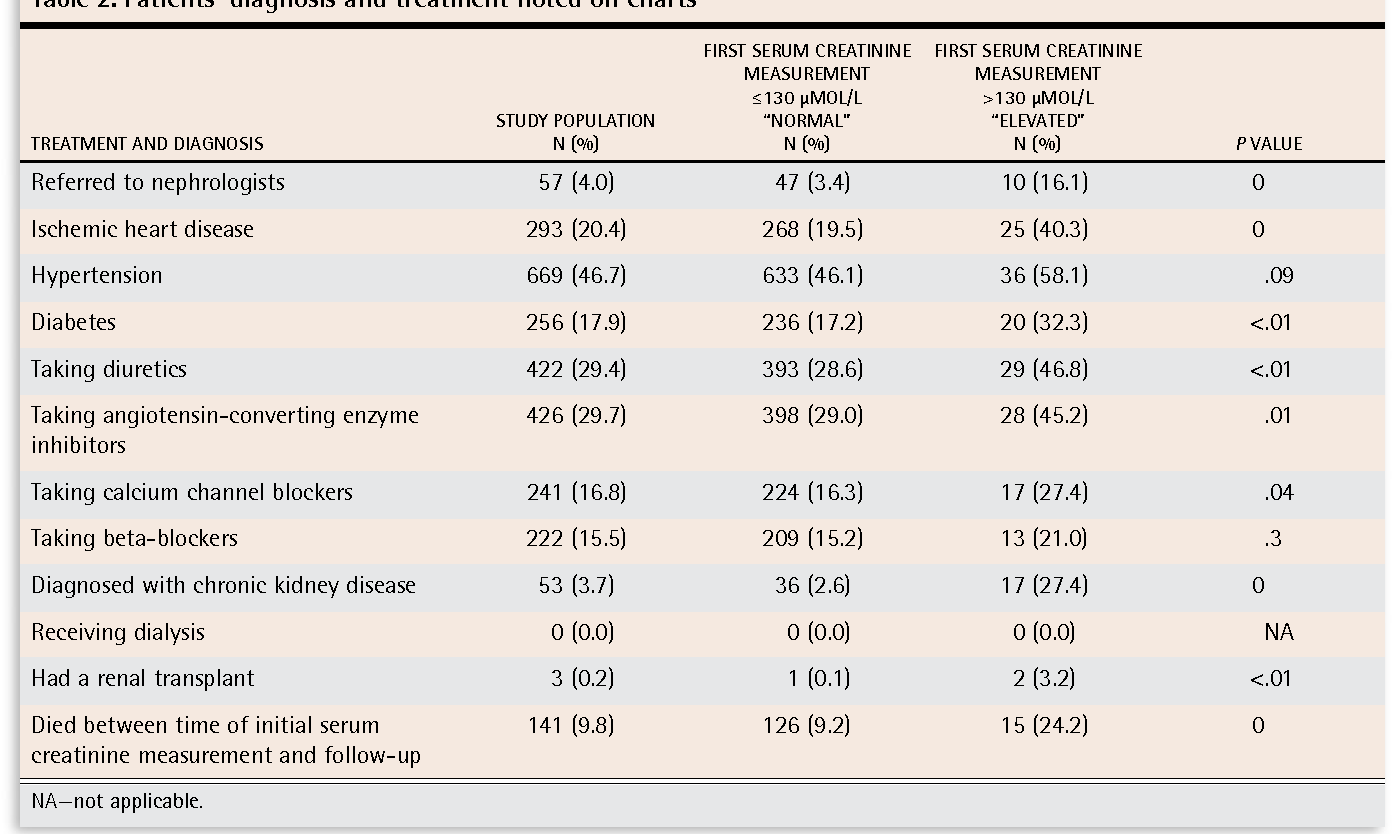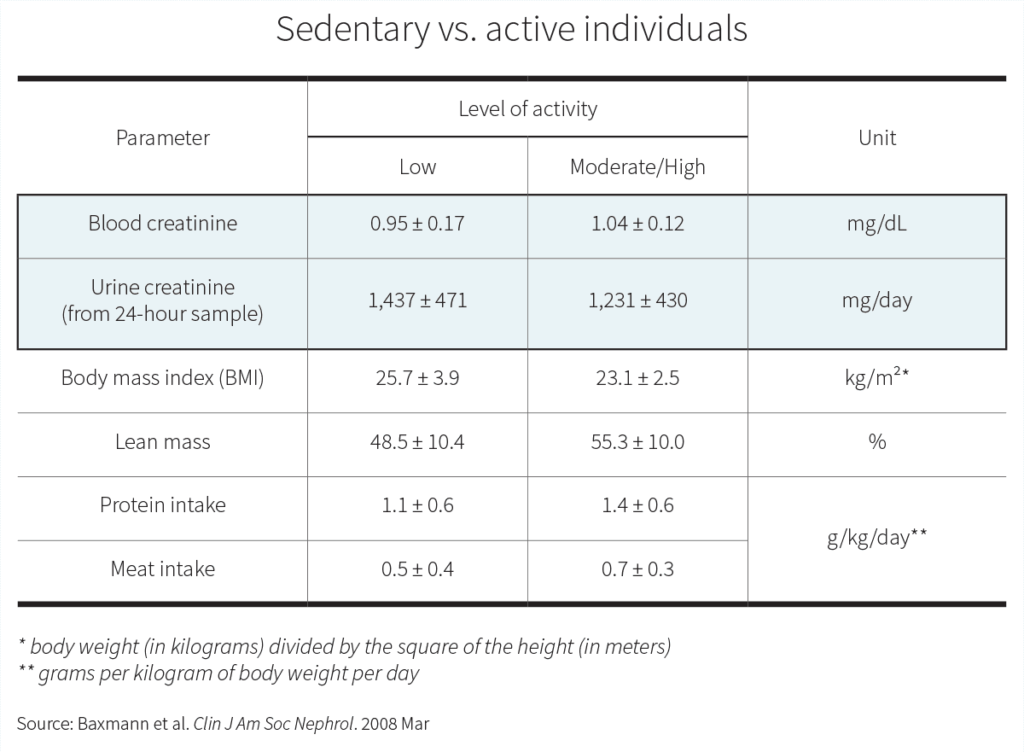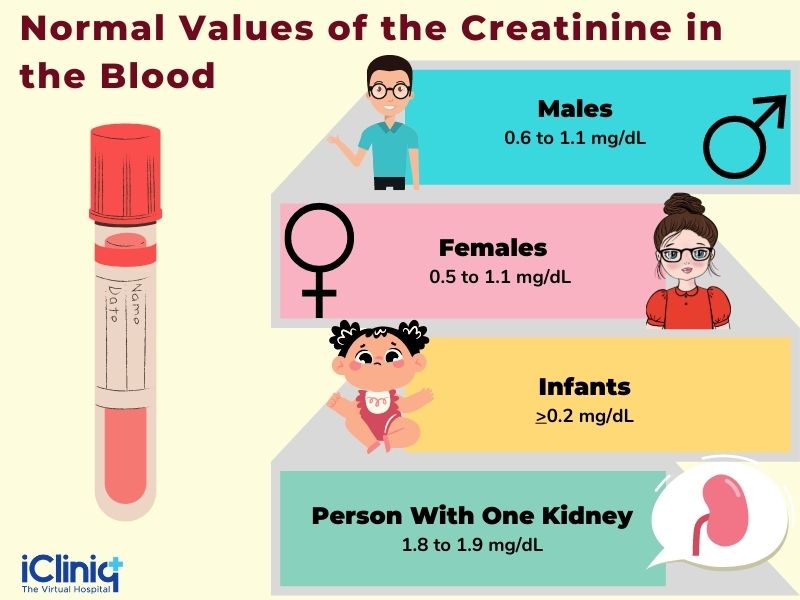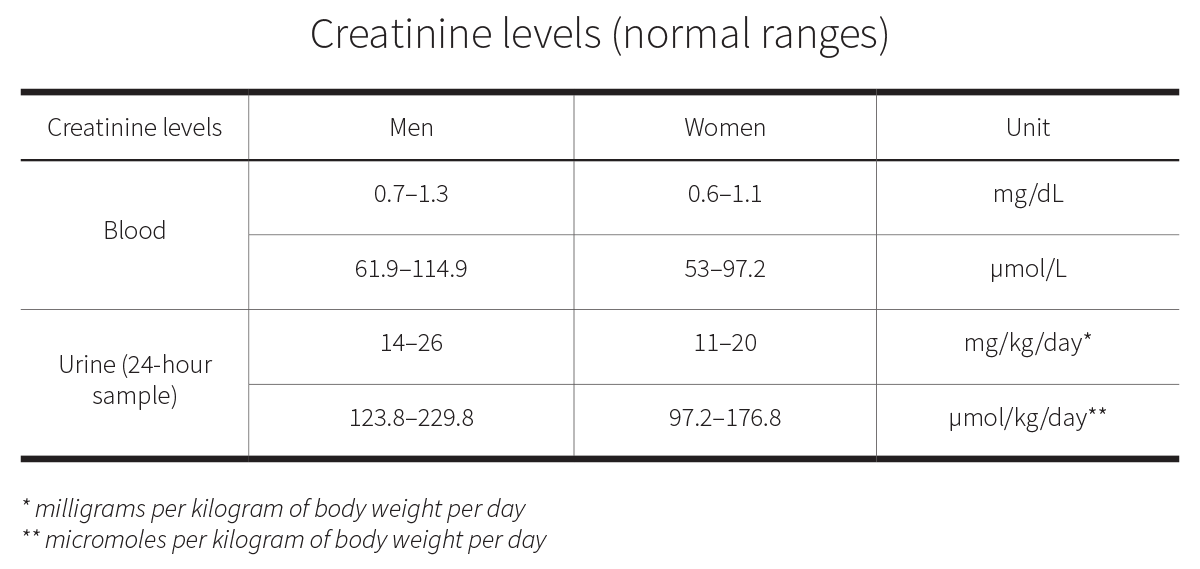Table of Contents
- Introduction
- Creatinine Serum Levels
- Importance of Assessing Creatinine Serum Levels
- Normal Range of Creatinine Serum Levels
- Key Takeaways
- FAQ
Introduction
Welcome to our comprehensive guide on creatinine serum levels and their significance in evaluating kidney function. In this article, we will provide a detailed understanding of the normal range of creatinine serum levels and its importance in healthcare assessments.
Creatinine Serum Levels
Creatinine is a waste product produced by the breakdown of creatine phosphate in muscles. It is filtered from the blood by the kidneys and excreted through urine. The measurement of creatinine in the bloodstream, known as creatinine serum levels, is a crucial indicator used to evaluate kidney function.
Creaitinine serum levels refer to the amount of creatinine found in the blood, which is a waste product generated by the muscles. This test is often performed to evaluate kidney function as creatinine is eliminated from the body through urine.
The normal range for creatinine serum levels varies depending on various factors such as age, sex, muscle mass, and overall health. In general, the normal range for adults is:
- Men: 0.74 to 1.35 milligrams per deciliter (mg/dL)
- Women: 0.59 to 1.04 mg/dL
These values may slightly differ between laboratories, so it is important to refer to the specific reference range provided by the testing facility.
It is worth noting that the normal range may change with age. For instance, older individuals tend to have slightly higher creatinine serum levels due to a decrease in muscle mass. Furthermore, certain medical conditions and medications can also affect creatinine levels.
Any deviation from the normal range might indicate potential kidney problems or other underlying health issues. It is essential to consult a healthcare professional for proper interpretation of creatinine serum levels and further evaluation if necessary.

Importance of Assessing Creatinine Serum Levels
Assessing creatinine serum levels is vital for monitoring kidney health, as the kidneys' primary function is to remove waste products from the blood. Abnormal creatinine levels may indicate impaired kidney function, such as chronic kidney disease or acute kidney injury. Regular evaluation of creatinine levels helps detect and manage kidney-related conditions promptly.
Measuring and monitoring creatinine serum levels is a vital component of evaluating kidney function. Creatinine is a waste product produced by the muscles through the breakdown of creatine phosphate. It is then filtered by the kidneys and excreted in urine.
The normal range for creatinine serum levels can vary slightly depending on factors such as age, sex, and muscle mass. Generally, for adult males, the normal range falls between 0.7 to 1.3 milligrams per deciliter (mg/dL), and for adult females, it is between 0.6 to 1.1 mg/dL.
Regularly assessing creatinine serum levels is crucial because it provides important insights into kidney function. Elevated creatinine levels can indicate reduced kidney function, as the kidneys may be struggling to efficiently filter and excrete creatinine. This may be a sign of acute or chronic kidney disease, dehydration, urinary obstruction, or certain medications affecting kidney function.
On the other hand, abnormally low creatinine levels may suggest muscle wasting or an impaired muscle production of creatinine. This could be due to conditions such as severe malnutrition, muscle disorders, or liver disease.
By monitoring creatinine serum levels, healthcare professionals can detect early signs of kidney dysfunction, enabling prompt intervention and treatment. It also helps in determining the effectiveness of therapies targeting kidney function and allows adjustments to medication dosages for individuals with impaired kidney function.
In conclusion, assessing creatinine serum levels within the normal range is crucial for evaluating kidney function and detecting any potential issues. Regular monitoring of these levels helps in diagnosing kidney diseases and facilitating appropriate interventions to maintain overall health and well-being.

Normal Range of Creatinine Serum Levels
The normal range for creatinine serum levels may slightly vary between laboratories, but generally falls between 0.6 to 1.3 milligrams per deciliter (mg/dL) for adult males and 0.5 to 1.1 mg/dL for adult females. These ranges can be influenced by various factors, including age, sex, muscle mass, and underlying health conditions.
The creatinine serum levels are used to evaluate kidney function and determine potential kidney disorders. Creatinine is a waste product generated by muscles and excreted through the kidneys.
The normal range of creatinine serum levels may vary slightly between different laboratories and medical facilities. However, in general, the normal range for creatinine serum levels in adult males is around 0.7 to 1.3 milligrams per deciliter (mg/dL), and for adult females, it is around 0.6 to 1.1 mg/dL.
It is important to note that the normal range can be influenced by factors such as age, muscle mass, diet, and overall health. Furthermore, the creatinine serum levels alone do not provide a complete picture of kidney function and should be interpreted alongside other clinical factors and diagnostic tests.
If the creatinine serum levels fall outside the normal range, it may indicate an impaired kidney function or other underlying medical conditions. It is essential to consult a healthcare professional for a comprehensive evaluation and appropriate management if abnormal results are obtained.

Key Takeaways
- Creatinine serum levels indicate kidney function and the efficiency of waste removal from the body.
- Normal range for creatinine serum levels is approximately 0.6-1.3 mg/dL for adult males and 0.5-1.1 mg/dL for adult females.
- Regular evaluation of creatinine levels is crucial to monitor kidney health and detect any abnormalities promptly.
- Creatinine levels can be influenced by factors like age, sex, muscle mass, and underlying health conditions.
FAQ
Q: What can cause high creatinine levels?
A: High creatinine levels can be caused by conditions such as kidney damage, dehydration, certain medications, and excessive muscle breakdown.
Q: Can low creatinine levels indicate a health problem?
A: In some cases, low creatinine levels can be a sign of impaired kidney function, muscle disease, or other underlying medical conditions. Consult a healthcare professional for further evaluation.
Q: Are there any specific precautions to consider while interpreting creatinine levels?
A: Yes, certain factors like age, sex, and muscle mass can affect creatinine levels. It is crucial to interpret the results while considering the individual's specific characteristics and medical history.



Recent Comments